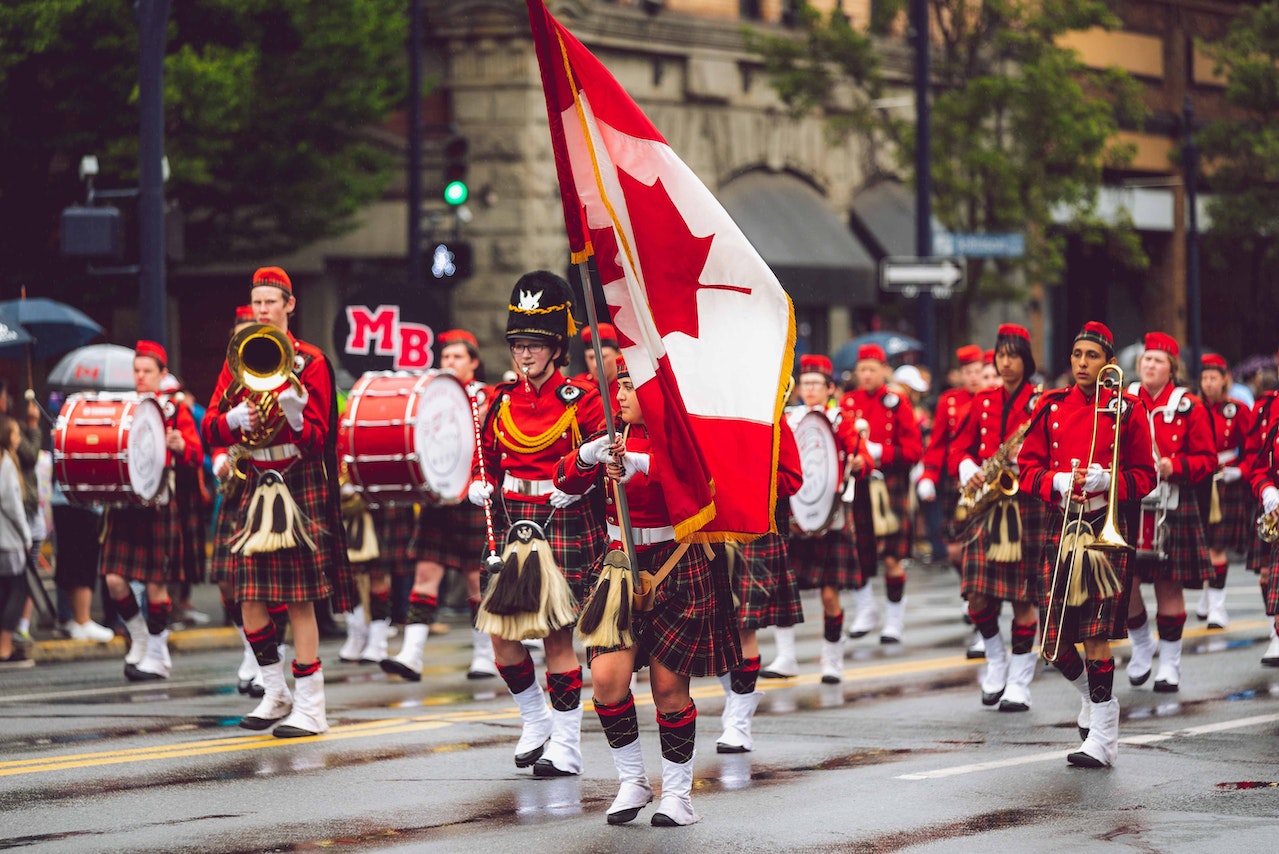Canada, a vast and culturally diverse nation, commemorates several national holidays throughout the year. These holidays reflect the country’s rich history, multiculturalism, and shared values. They serve as occasions for Canadians to come together, celebrate their heritage, and embrace the spirit of unity. In this article, we will explore some of the significant national holidays in Canada, highlighting their historical significance, cultural practices, and the sense of pride they evoke.
Canada Day (July 1st)
Canada Day is the most prominent national holiday in the country, marking the anniversary of Canada’s confederation on July 1st, 1867. It is a day to celebrate Canadian identity, values, and achievements. Festivities include parades, concerts, fireworks, and cultural events across the country. Canadians proudly display the national flag and engage in activities that showcase their love for Canada, such as outdoor barbecues and community gatherings.

Victoria Day
Victoria Day is celebrated on the Monday preceding May 25th and honors Queen Victoria’s birthday, who played a significant role in Canada’s early development. This holiday signals the unofficial start of the summer season, and Canadians take advantage of the long weekend by enjoying outdoor activities, gardening, and fireworks displays. It is also a time when people open their cottages, marking the beginning of summer vacations.
Thanksgiving
Thanksgiving in Canada is observed on the second Monday in October and is a time to express gratitude for the blessings of the year, the bountiful harvest, and the overall abundance in life. Families and friends gather for festive meals, typically featuring turkey, pumpkin pie, and other seasonal delights. Canadians reflect on their blessings, share quality time with loved ones, and engage in acts of kindness, including volunteering and charitable giving.
Canada’s National Indigenous Peoples Day
June 21st is recognized as National Indigenous Peoples Day, celebrating the diverse cultures, heritage, and contributions of Indigenous peoples in Canada. Festivities include traditional ceremonies, powwows, storytelling, music, and art exhibitions that showcase the richness and resilience of Indigenous cultures. This day serves as an opportunity to foster understanding, reconciliation, and appreciation for the Indigenous communities’ unique histories and traditions.

Remembrance Day
On November 11th, Canadians honor and remember the sacrifices made by members of the armed forces and veterans in times of war and peace. The day is marked by solemn ceremonies, including moments of silence, wreath-laying at war memorials, and parades. Red poppies, symbolic of remembrance, are worn as a sign of respect for those who have served and continue to serve the country.
Family Day
Family Day is celebrated on the third Monday in February in several Canadian provinces. It is a day dedicated to recognizing the importance of families and spending quality time together. Canadians engage in various activities, such as ice skating, skiing, sledding, and enjoying indoor or outdoor recreation. The holiday emphasizes the value of family bonds, work-life balance, and fostering connections within the community.
These national holidays reflect the diverse cultural mosaic of Canada and embody the country’s values of inclusivity, respect, and unity. Canadians come together on these occasions, transcending differences, to celebrate their shared identity as Canadians. Through cultural festivities, acts of remembrance, expressions of gratitude, and family-oriented activities, these holidays strengthen the sense of belonging, deepen connections, and foster a sense of national pride.
As Canada continues to evolve as a multicultural society, these national holidays serve as reminders of the country’s rich heritage, collective achievements, and the ongoing commitment to diversity and harmony. They celebrate the country’s unique character and provide opportunities for reflection, celebration, and unity among its diverse population.
